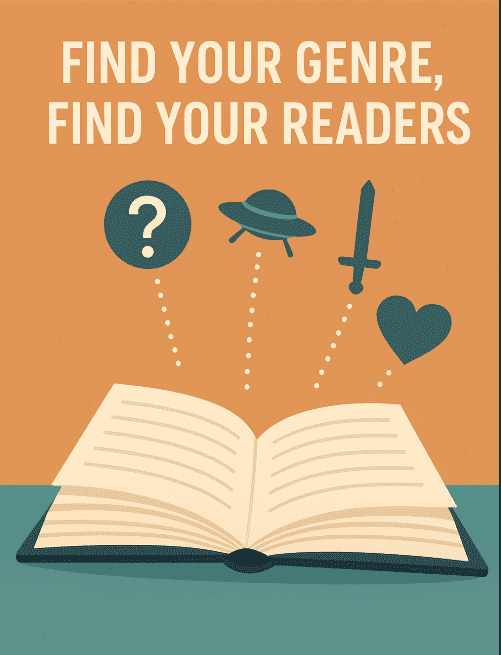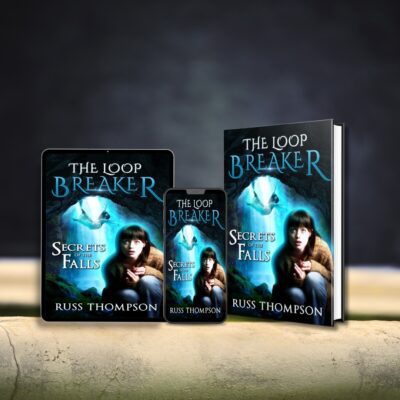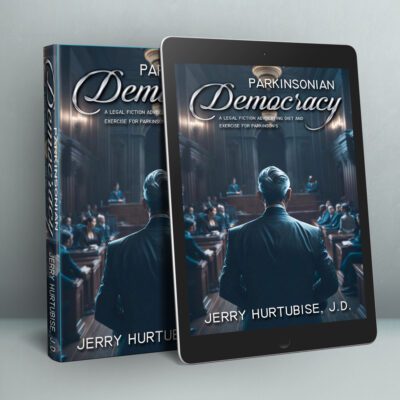How to choose the right genre for your book (and why it matters)
So, you’ve got a story idea. Maybe it came to you in a dream, during a walk, or mid-shampoo (shower thoughts hit differently). You’re ready to write, but one question keeps nagging at you: What genre is this?
If you’re a first-time writer, knowing your book’s genre isn’t just about finding the right shelf at the bookstore. In fact, it plays a key role in shaping your story, as it directly influences everything from your plot and pacing to your publishing and marketing strategy.
Let’s explore how to choose the right genre for your book and why it’s such an important step.
Why Genre Matters More Than You Think
Genre isn’t just a label. It sets expectations for your readers. For example, when someone picks up a romance, they expect a love story. If they grab a thriller, they’re hoping for twists, tension, and probably some heavy breathing.
Missing those expectations can disappoint readers. Here’s why choosing the right genre matters:
- Reader expectations – Genre shapes pacing, tone, plot structure, and emotional payoff. A cozy mystery feels completely different from a gritty dystopian.
- Story direction – Choosing a genre early can keep your plot focused. You can avoid writing something like a horror-sci-fi-rom-com that unintentionally turns into a memoir.
- Publishing strategy – Agents and editors want to see where your book fits. Saying “it’s everything” tends to sound more confusing than creative.
- Marketing and reach – Genre influences how your book is presented. This includes cover design, Amazon categories, and keywords. Make it easier for your readers to find you.
How to Choose the Right Genre for Your Book
Understanding that genre matters is just the beginning. The next step is figuring out how to choose the one that fits your story best. Here are a few practical ways to help you narrow it down:
1. Start with the Story’s Core
Ask yourself: What is my story really about?
Is it a romance? A quest? A whodunit? Focus on the central plotline and emotional arc. That will help you identify the best genre.
2. Consider Mood and Tone
Is your story dark and broody? Light and quirky? Realistic or magical?
Tone often points toward a specific genre or subgenre. A fantasy can have a romantic subplot, but if it’s light and snarky, it might lean toward romantic fantasy or comedic fantasy.
3. Compare to Similar Books
Think about books that feel similar to yours.
If someone said, “If you liked X, you’ll love this,” what would X be? Look those books up. Check how they’re categorized on Amazon, Goodreads, or author websites.
4. Dive Into Subgenres
Genres are broad, but subgenres help you get specific. For example:
- Romance → Enemies to Lovers, Historical Romance, Rom-Com
- Fantasy → Epic Fantasy, Urban Fantasy, Gaslamp Fantasy
- Thriller → Legal Thriller, Psychological Thriller, Political Thriller
Finding the right subgenre clarifies your voice and connects you with the right audience.
5. Avoid the “Everything” Trap
While blending genres can work well, it needs to be intentional and thoughtfully executed. Choose one primary genre to ground your story. You can include elements from others, but your readers should always have a clear sense of what they’re reading.
Common Genre Mistakes First-Time Writers Make
- Being too vague – “It’s a story about life.” That doesn’t tell readers what to expect. Be specific.
- Chaotic mashups – A horror-romance-memoir-western-time-travel-epic? That’s a recipe for confusion.
- Writing to trend – Popular genres come and go. However, if you’re not passionate about dark academia, readers will notice.
Final Thoughts: Know It So You Can Show It
Learning how to choose the right genre for your book helps you focus your story and find the right readers.
Genre allows you to:
- Write with clarity
- Market with precision
- Pitch with confidence
- Set realistic goals for your publishing journey
Therefore, take a moment to sit with your story’s heart. What kind of emotional journey are you offering your reader? What type of world are you inviting them into? Once you’ve answered those questions, choosing your genre becomes less of a technicality and more of a creative compass. It will help you shape your narrative, discover your ideal audience, and navigate the publishing world with greater ease.
Remember, choosing a genre doesn’t limit your creativity—it gives it structure. It invites the right readers to fall in love with what you’ve created. For a deeper insight into why genre matters so much (and how it influences the entire writing journey), check out this article from Winterwolf Press.
So pick a genre that feels true to your story. It’s not just about fitting in—it’s about standing out in the right place, among the readers who are waiting for exactly what you’ve written. And when you’re ready to explore how genre opens doors, take a look at our collection of titles across different genres—each one speaks to the power of knowing your story’s home.







